This case on Nicki Minaj committing copyright infringement has been going around for a long while now. Finally, the judge has made up their mind and the judge is in favor of Nicki Minaj. This makes Nicki Minaj won the highly anticipated case and she is proven not guilty of committing copyright infringement when she created a song based on Tracy Chapman’s “Baby Can I Hold You” in her unreleased song “Sorry” that was supposed to be in Queen album.

The ruling protects the industry practice of developing a new song based on existing material and then seeking a license from the original artist prior to release. U.S. district judge Virginia A. Phillips ruled that Minaj’s experimentation with Chapman’s song constitutes “fair use” and is not copyright infringement.
The rules that are implemented right now protects the practice’s industry to develop a new song that is based on any existing material that has been created before. They are permitted to seek a license from the original artist before the release of the song. The United States district judge Virginia A. Phillips has finally ruled that Nicki Minaj’s attempt to experiment with Tracy Chapman’s song constitutes a “fair use” and it’s never a copyright infringement.
The particular judge stated that “Artists usually experiment with works before seeking licenses from rights holders and rights holders typically ask to see a proposed work before approving a license”. The judge also added, “A ruling uprooting these common practices would limit creativity and stifle innovation within the music industry.”
Nicki Minaj’s attorneys mentioned that “Such free-flowing creativity is important to all recording artists, but particularly in hip hop”, the attorney also added, “With that category of music, a recording artist typically goes into the studio and experiments with dozens of different ‘beats’ or snippets of melodies, before hitting upon a pleasing combination.”
The argument that they come out stated that artists need to be free so that they are able to create something that has an impact on the song even though it is based on existing material. They should not have to worry about any circumstances that they could be sued for such experimentation once they approach the rights-holder for a license.
Sources: Variety.

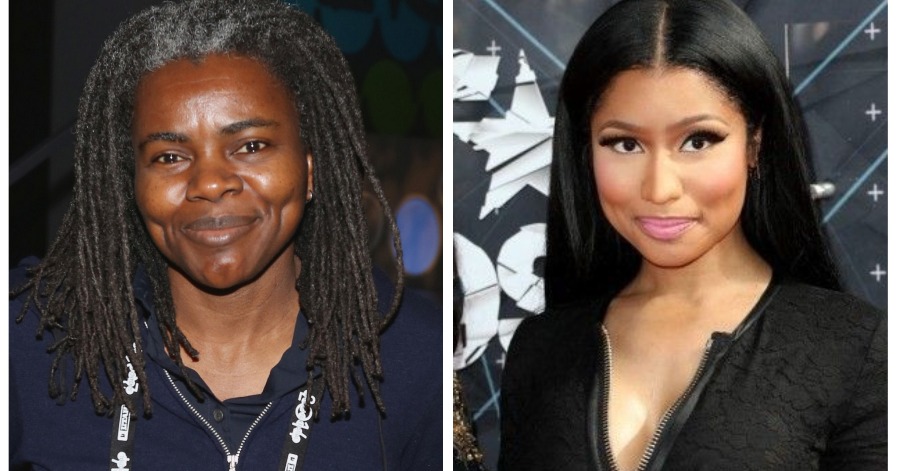

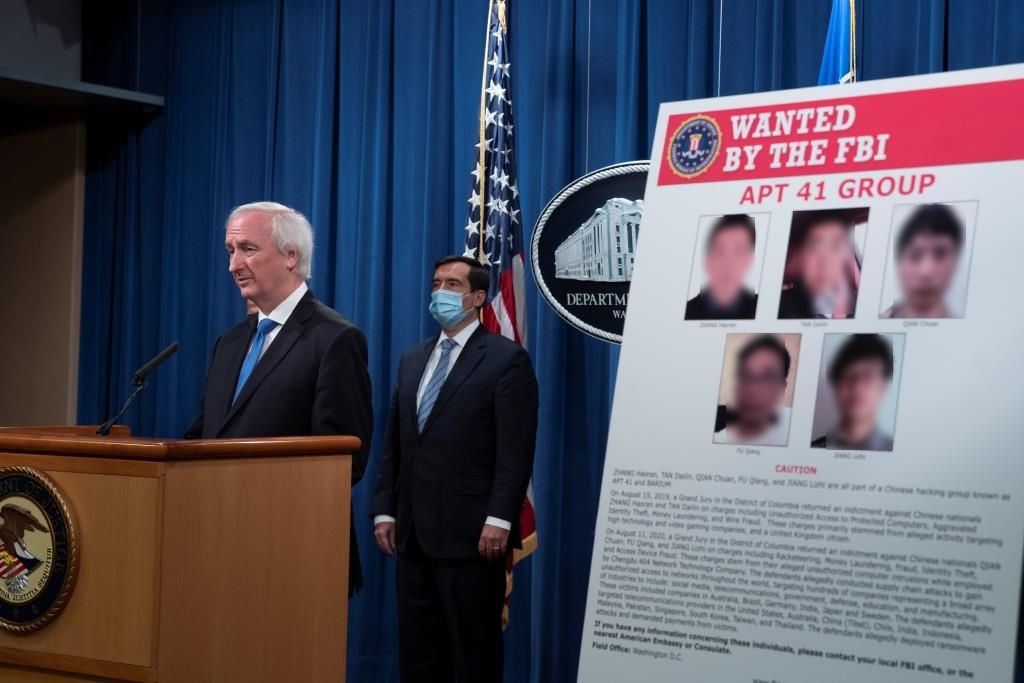
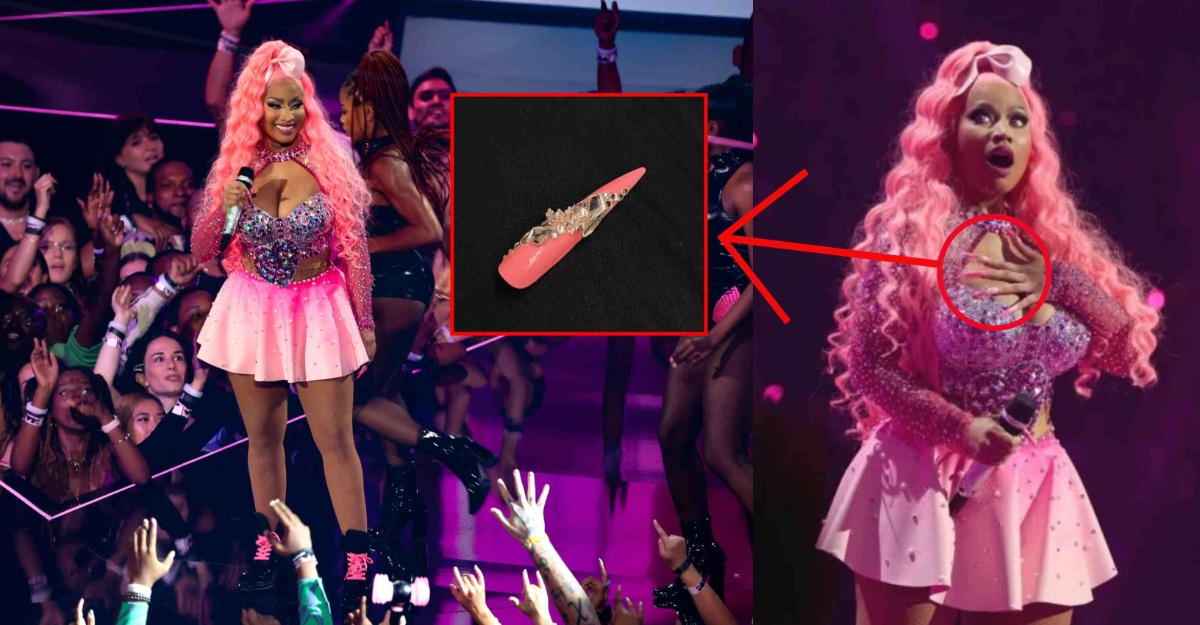
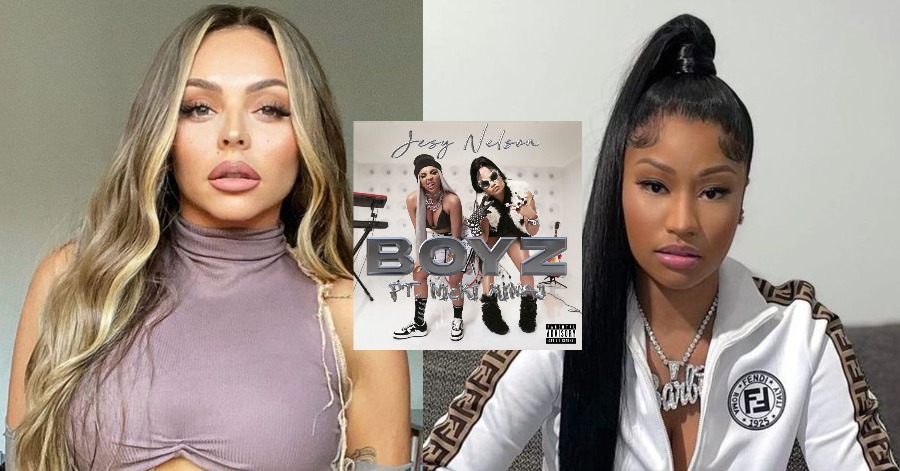
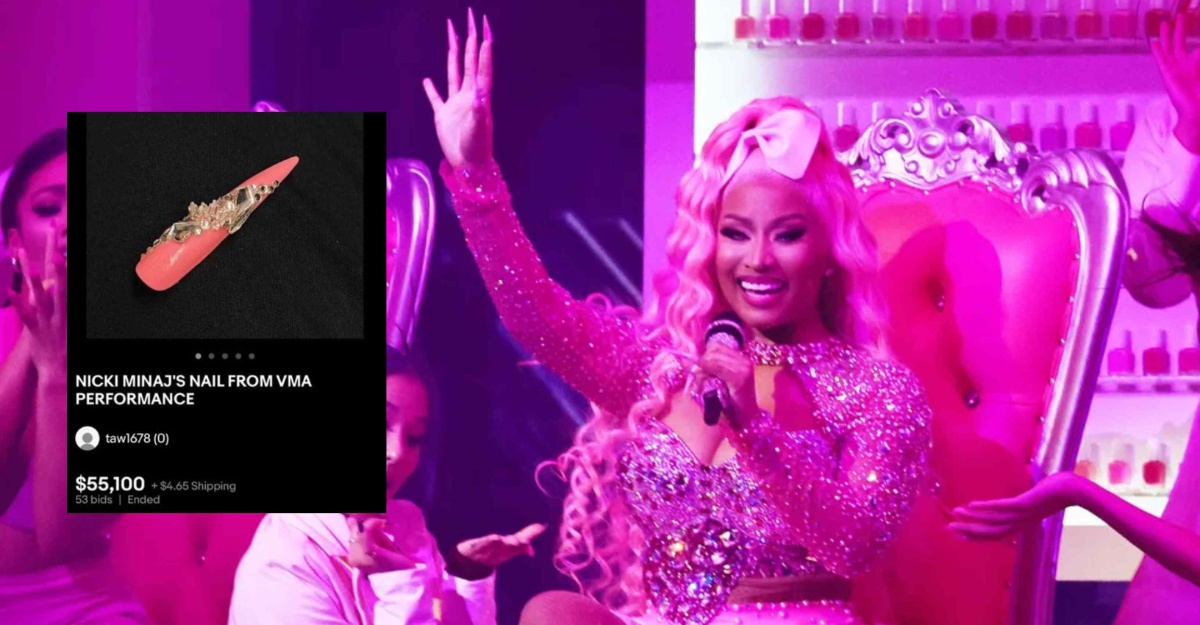
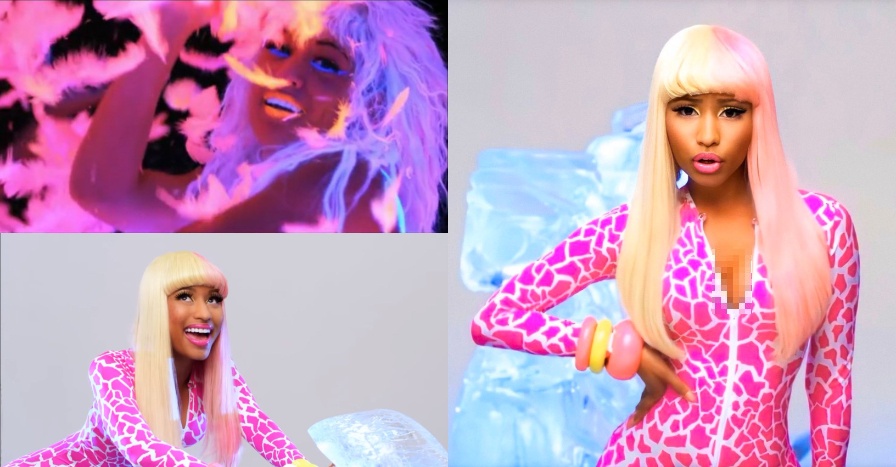

Leave a Comment